Contact
Contact Department of Architecture
139 E. Sibley Hall
Phone: (607) 255-5236
Fax: (607) 255-0291
cuarch@cornell.edu
Monday–Friday, 9 a.m.–4:30 p.m.
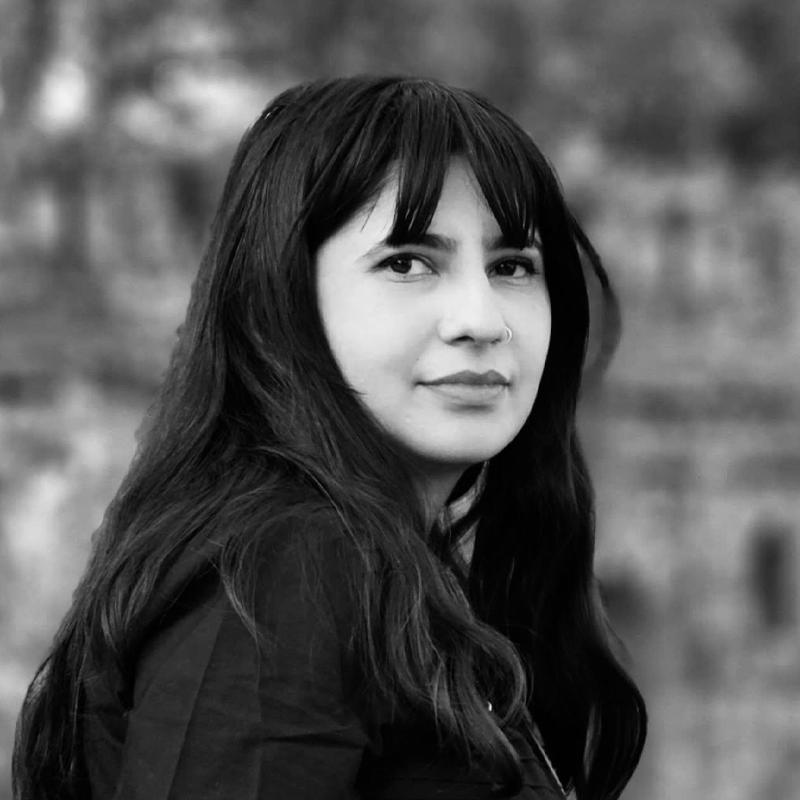
Sara Ather is a Ph.D. student in the History of Architecture and Urban Development (HAUD) program at Cornell University. Her research seeks to examine the role of architecture in sustaining and legitimizing authoritarian ideological structures in the context of post-colonial India. Specifically, she is interested in investigating how colonial spatial continuities in post-independence India shape nationalist as well as religious nationalist imaginations, focusing on the historical processes through which concepts of religiosity and profanity are embedded in architecture. Prior to Cornell, Sara earned her Master of Arts in Architecture from the Staedelschule Architecture Class, Frankfurt. She has worked as an architect at Atelier Brückner in Stuttgart and as a project architect at Studio Symbiosis in New Delhi, contributing to several museum and hospitality projects across Turkey, Sweden, Dubai, and India. In addition to her architectural work, Sara has worked in the field of journalism, with her writings featured in outlets such as Al Jazeera, Middle East Eye, TRT World, Vittles Magazine, and The Wire, among others. Her columns have critically analyzed the rise of Hindu nationalism and its socio-political ramifications in India.
Email: sa2396@cornell.edu

Filip Galić is a Ph.D. student in the HAUD program at Cornell University, where he is currently preoccupied with questions surrounding architecture's political operativity, researching the process of 'balkanization.' Grounded in the premise that architecture aesthetically mediates, if not intensifies, material and political conditions of a specific context, he treats balkanization as an architectural concept where political antagonism manifests in spatial fragmentation, and via which the politics underpinning the construction of ambiguous cultural identities can be interrogated; often revealing a past not yet made history. Prior to doctoral studies at Cornell, Galić practiced architecture at BIG, Powerhouse, and Alison Brooks Architects; and received his postgraduate degree in History and Critical Thinking from Architectural Association with distinction.
Email: fg324@cornell.edu
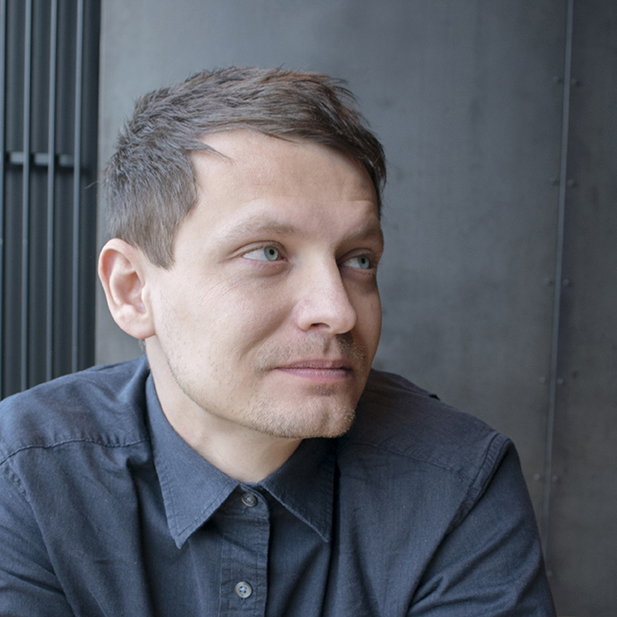
Athanasiou Geolas is a Ph.D. candidate in the history of architecture at Cornell University, Ithaca, New York. Trained at Rhode Island School of Design, Providence, Rhode Island, he has practiced architecture with archaeologists, academics, architects, and the city of New York. His research and teaching interrogate site-specific interactions between well-mannered bodies, unwieldy institutions, and paper documents. In his dissertation, "The Architect and the Home Economist," he explores the theoretical and methodological impact of cultural embodiment on the rise of professionalism c.1916. Exploring a dissertation chapter as a fashion history exhibition, Athan curated Standards for a New Womanhood: Gender, Race, & Expertise as a Charlotte A. Jirousek Research Fellow. His committee members are D. Medina Lasansky (HAUD), Lily Chi (architecture), and Rachel Prentice (STS).
Email: ajg355@cornell.edu
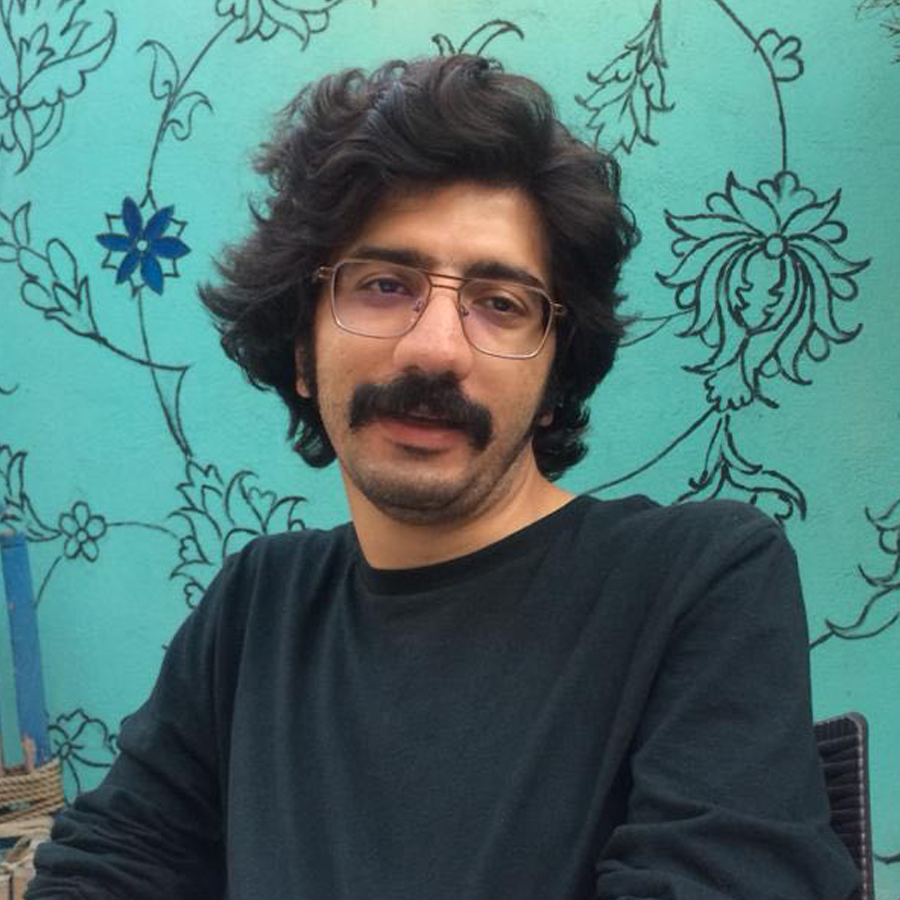
Ehssan Hanif is a Ph.D. student in the HAUD program at Cornell University. In his research, incorporating a postcolonial perspective, he aims to study the interrelations between modernity and commodity flows in the Middle East. Before coming to Cornell University, he worked as an independent researcher and translator. He translated fourteen books from English into Persian, including Architecture and Modernity (H. Heynen), Bourdieu for Architects (H. Webster), Benjamin for Architects (B. Elliot), Story of Post-modernism (Ch. Jenks), and Aesthetic Theory: Essential Texts (M.F. Gage). His most recently published work was editing and translating the 2nd volume of Theories and Manifestoes of Contemporary Architecture (2005–2020). He received an M.A. from the Iran University of Science and Technology, where he also served as a research assistant between 2013–2015. His committee members are Seema Golestaneh (Near Eastern studies), Richard F. Bensel (government), and Esra Akcan (architecture).
Email: eh637@cornell.edu
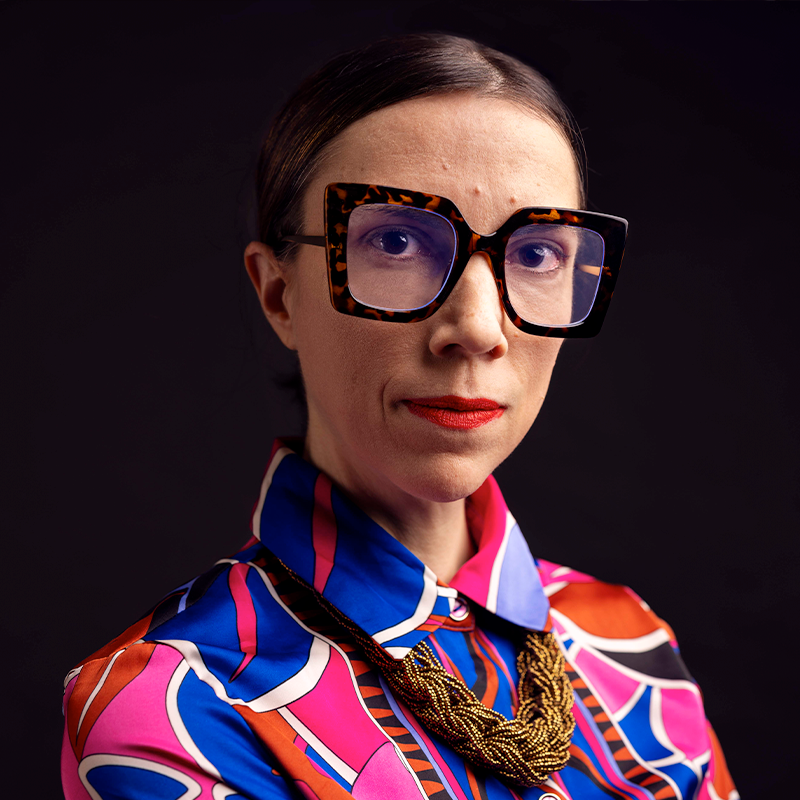
Alix Hoffstaetter de Torquat is a Ph.D. candidate in the History of Architecture and Urban Development and the Assistant Dean for Communications at the College of Architecture, Art, and Planning at Cornell University. With a background in art history and professional experiences in the art world, she is focusing her research at the intersection of architectural history and curatorial practices. Before joining Cornell, Alix worked at Art Basel in Switzerland, Buenos Aires, and New York City, and at Sotheby's in London. She holds an M.B.A. from ESSEC Business School in Paris and an M.A. in Art History from the Courtauld Institute of Art in London.
Email: alixdetorquat@cornell.edu
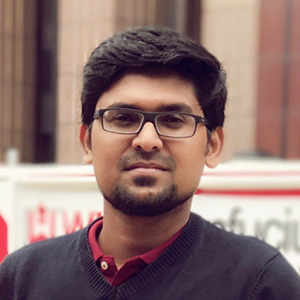
Labib Hossain is a Ph.D. candidate in history of architecture and urban development at Cornell University, Ithaca, New York. His dissertation explores the discourse of "contained waters" in the making of "dry" and modern Dacca and how it was brought about through a series of colonial practices, interventions, and interactions. Hossain's other research interests include land-water separation in colonial Bengal, archival practices in the dynamic landscape, and representation of water in South Asia. Prior to Cornell, Hossain graduated from the University of Pennsylvania in Philadelphia and worked as a lecturer at Bangladesh University of Engineering and Technology (BUET) in Dhaka, Bangladesh. His committee members are María González Pendás (architecture), Robert Travers (history), Iftikhar Dadi (history of art), Jeremy Foster (architecture), and Farhan Karim (University of Arizona). He defended his dissertation The Making of Dry and Modern Dacca: The Discourse of Contained Waters in Colonial East Bengal, 1864–1911 in Fall 2024.
Email: lh636@cornell.edu

Eun-Jeong Kim's research explores the architectural history of postwar Korea built with the supply, and by the performance, of foreign aid. Her work aims to untangle historical ties between the Cold War, the colonial past, and the state modernism channeled through architectural projects of foreign aid and to interrogate the degree to which the postwar built environment was shaped with decolonial and democratic imaginations. She earned her Bachelor of Architecture from Yonsei University in Seoul, South Korea, and a Master of Arts in Preservation Studies from Boston University. Before Cornell, she practiced architectural conservation in Budapest, Hungary, and worked as an assistant researcher at the Architecture and Urban Research Institute in South Korea. At Cornell, she is working with Esra Akcan (architecture), María González Pendás (architecture), and Manuel Shvartzberg Carrió (architecture).
Email: ek698@cornell.edu
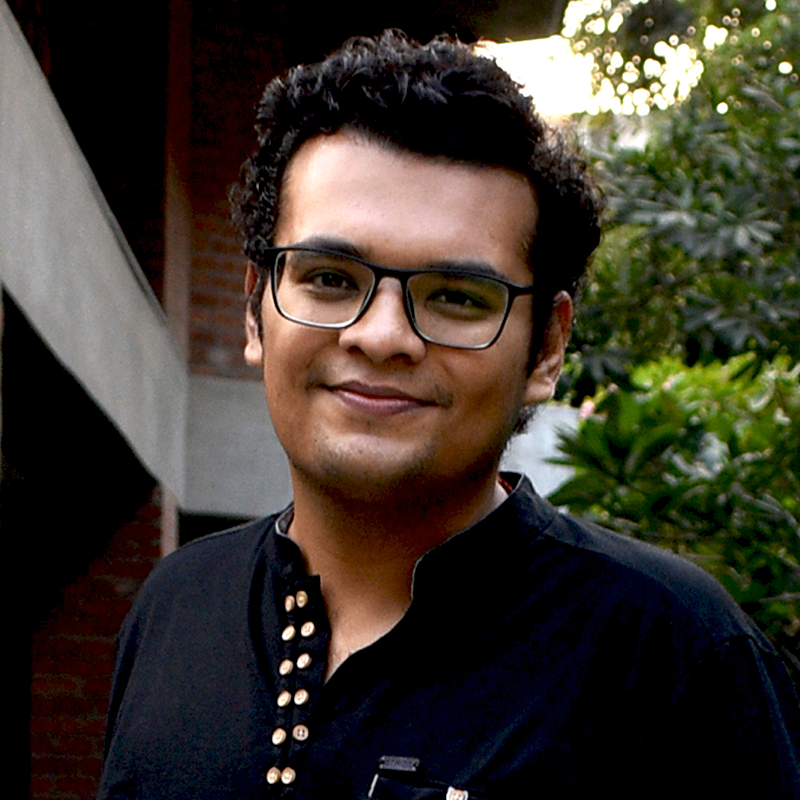
Yakin Kinger is a Ph.D. student in the HAUD program at Cornell University. His research examines power-place relations in colonial India to decolonize architectural history writing by critically unpacking questions of land occupation, violence, and cultural domination. He reads transformations of landscapes to understand the complexity of their agents and processes. His research has been supported by the Society of Architectural Historians (SAH) and the Graham Foundation, among others. His works have been published on platforms including the Avery Review and the Canadian Centre for Architecture (CCA). He holds a master's degree in architectural history and theory from CEPT University and has taught at various institutes in India. He has also been actively expanding public-facing scholarship highlighting unheard and unknown histories by curating exhibitions and symposia, among other formats.
Email: yak8@cornell.edu
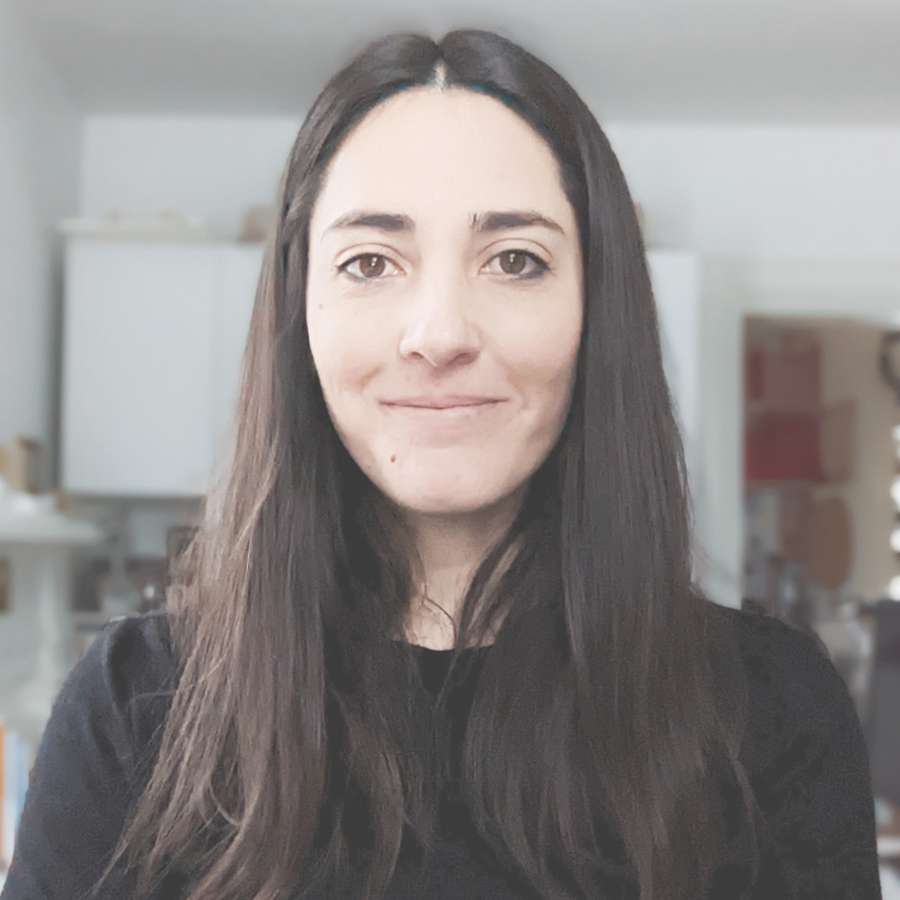
Piergianna Mazzocca is a Ph.D. student in the History of Architecture and Urban Development program at Cornell University. Her research interrogates architecture's relationship to scientific medicine and investigates malaria eradication campaigns in South America during the emergence of Pan-American and national health organizations from the 1930s until the 1960s. Her research asks how new histories of architecture expand what we understand of spaces of medicine and what we understand as space-making practices and experts. Mazzocca obtained her Bachelor of Architecture from the Universidad de Los Andes in Mérida, Venezuela, and a Master of Science in Architecture and Urban Design from The Berlage Center for Advanced Studies in Architecture and Urban Design, at the Delft University of Technology, Netherlands. She has taught as the 2019–2021 Emerging Scholar in Design Fellow at the University of Texas at Austin, and as the 2017–2019 Wortham Fellow at Rice University. At Cornell, she is working with María González Pendás (architecture), Suman Seth (STS), and María Fernández (history of art).
Email: pm598@cornell.edu
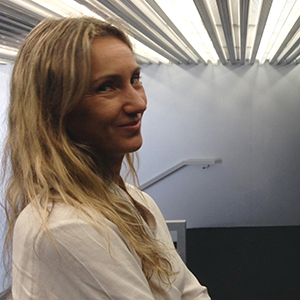
Architect and senior fellow at the McLuhan Centre for Culture and Technology, Toronto, Ontario, Maria Luisa Palumbo is a member of the Italian National Institute of Architecture in Rome, Italy. Her research focus is on architectural theory as a practice of social engagement, to question and promote notions of justice, ecology, and democracy. She is the author of New Wombs: Electronic Bodies and Architectural Disorder (Birkhauser, 2000) and Paesaggi Sensibili. Architetture a sostegno della vita (Duepunti, 2012); and the editor of Architettura Produttiva (Maggioli, 2012), Laboratorio Roma (Aracne 2016), Fare Città nella Città (Aracne 2017), and Rigenerare con gli Abitanti (Aracne 2020). In 2012, she curated reMade in Italy, the final section of the Italian Pavilion at the 2012 Venice Biennale of Architecture, with Luca Zevi as the main curator of the exhibition Italian Architecture, from Adriano Olivetti to the Green Economy. In 2021 she curated "Towards Intersectional Justice", a two-day online event for the Ecoweek NGO. Her committee members are Begüm Adalet (government), and Esra Akcan (architecture).
Email: mp958@cornell.edu
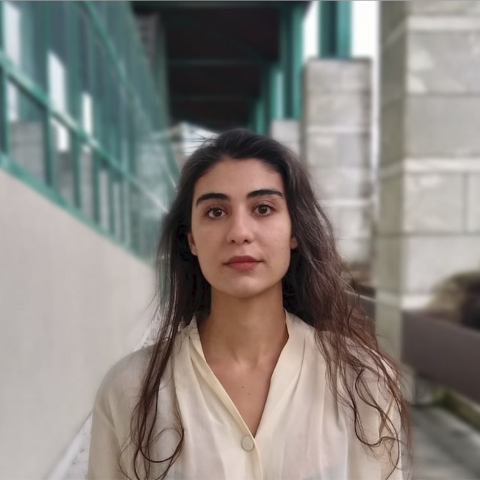
Ecem Sarıçayır is a Ph.D. candidate in the History of Architecture and Urban Development program at Cornell University. Her dissertation focuses on art, architecture, and urbanism in the South Caucasus from the late 19th to early 20th century. In her dissertation, she investigates the imperial and colonial projects by the Ottoman and Russian Empires and the nation-building projects of Turkey and the Soviet Union in the South Caucasus and theorizes the diverse material and intellectual responses by the regions' inhabitants to the political, social, and spatial changes in this transitionary period. Previous to her Ph.D. research at Cornell, Sarıçayır received a bachelor's degree in architecture from Istanbul Technical University and a master's degree in design from Kadir Has University. She also worked as an architect, including for the 13th Istanbul Biennial, and most recently participated in the International Rotterdam Architecture Biennial. She was awarded various grants and fellowships such as the Andrew Mellon Urbanism Fellowship, the Canadian Center of Architecture Doctoral Research Residency Fellowship, and the Social Science Research Council's International Dissertation Research Fellowship. Her committee members are Esra Akcan (architecture), Mostafa Minawi (history), Lori Khatchadourian (anthropology and near eastern studies), and Jean Louis Cohen (Institute of Fine Arts). She defended her dissertation Property In Transition: Architecture, Migration, and the Translation of Land Regimes in The Ottoman South Caucasus under the Russian Empire, 1877–1921 in Fall 2024.
Email: es939@cornell.edu

Andrew Scheinman is a Ph.D. student in the History of Architecture and Urban Development program at Cornell University, where his current research traces histories of settler colonial mythmaking as effected through and ossified in the North American built environment. Prior to his time at Cornell, Scheinman was an editor at the Canadian Centre for Architecture, helped develop exhibitions with the Foundation for Achieving Seamless Territory (FAST) at the 2021 Venice and 2022 Rotterdam Architecture Biennales, and edited a range of publishing projects on art and architecture including, most recently, Mindy Seu's Cyberfeminism Index. He received his M.Des. with distinction in Art, Design, and the Public Domain from Harvard's Graduate School of Design and his B.A. from Washington University in St. Louis, Missouri. His committee members are María González Pendás (architecture), Raymond Craib (history), and Tejasvi Nagaraja (ILR).
Email: acs276@cornell.edu
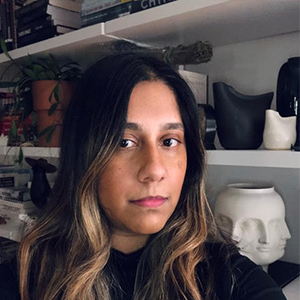
Priyanka Sen is a Ph.D. student in the History of Architecture and Urban Development program. Her research investigates architectural entanglements with spatial geographies, migration, and environmental histories, focusing on the South Asian diaspora and its intertwinement with settlement, citizenship, and the transnational immigrant experience. Sen's prior teaching includes undergraduate studios in architecture and interior design at the University of Cincinnati. She has also worked as an architectural designer at firms across the United States in Boston, Cincinnati, Philadelphia, and Portland, Oregon. She holds a Master of Architecture from the University of Cincinnati; a Master of Arts in Architectural History and Theory from the University of Texas–Austin; and Bachelor of Arts in both Art History and Architectural Studies with a minor in Women's Studies from Boston University. Her committee members are Esra Akcan (architecture), Viranjini Munasinghe (anthropology), and Stephen Vider (history).
Email: ps2242@cornell.edu
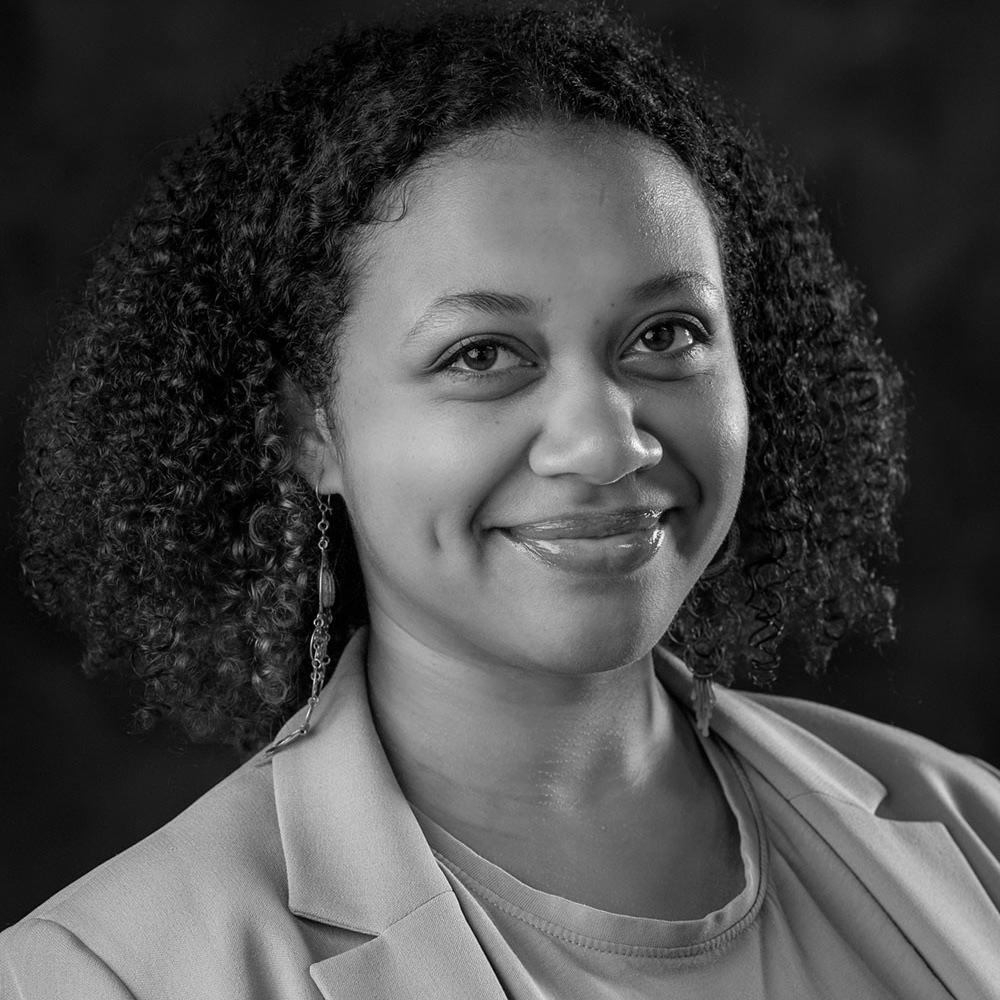
Angela U. Shyaka is a Ph.D. student in the HAUD program at Cornell University. Her current research investigates colonial and resistance narratives manifested in the physical environments of Rwanda during the transitional and disruptive late 19th to early 20th centuries. She is particularly interested in examining the ways in which transnational and transcultural exchanges are entangled with the transformation of spatial practices and local epistemologies.
Prior to Cornell, Shyaka was a Visiting Assistant Professor at Mississippi State University, teaching history and theory courses and design studios. Before that, she practiced at Dake Wells Architecture in Missouri. She graduated from Drury University with both an M.Arch. and a B.A. in Art History.
Email: aus5@cornell.edu
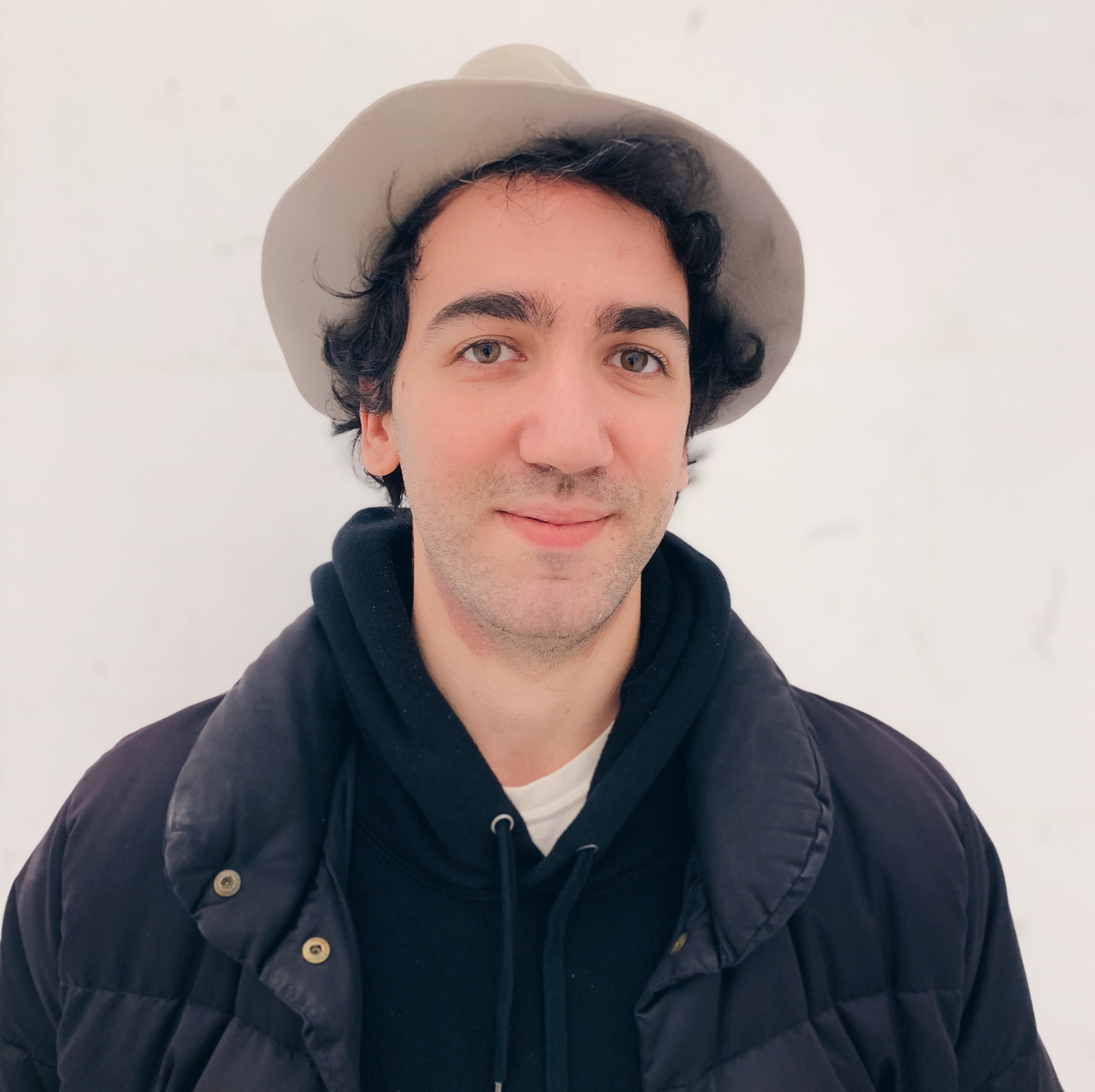
Alican Taylan is an architect, engineer, and Ph.D. student in the History of Architecture and Urban Development. From 2018 to 2022, he was a visiting assistant professor at Pratt Institute's graduate architecture program. Taylan contributed to various exhibitions, including cocurating Confronting Carbon Form (2023) at The Cooper Union, which explored innovative disciplinary approaches to addressing environmental concerns in architecture. He was a cocurator of the exhibition Aesthetics of Prosthetics (2019) at Pratt Institute's School of Architecture. In addition, Taylan has contributed to the 2018 Turkish pavilion at the Venice Biennale. Grants from the Architectural League, the New York State Council on the Arts, the Graham Foundation, the Institute for European Studies, the Einaudi Center at Cornell University, and the Pratt Institute supported his work. Taylan's writing and design work has been featured in various journals and periodicals, such as The Architect's Newspaper, Log, Metropolis Magazine, Mimar.ist, NYRA, and Plat. His committee members are Esra Akcan (architecture), María González Pendás (architecture), and Aaron Sachs (history).
Email: at673@cornell.edu
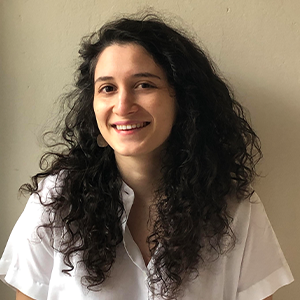
Asya Ece Uzmay is a Ph.D. student in history of architecture and urban development. Her research engages architectural history with the history of environment and medicine through looking at how architectural/infrastructural places of healing and waste have been shaped by techno-policies. Prior to Cornell University, she participated in several exhibitions at the SALT Research Institute, held a teaching position at Kadir Has University, Istanbul, Turkey, and worked as a researcher at the Istanbul Studies Center on data visualization, interactive mapping, and processing of historical and contemporary urban data. She received a master's degree from the architecture and urban studies program, Kadir Has University, and B.Arch from Istanbul Technical University. Her committee is Esra Akcan (architecture), Suman Seth (science & technology) and Begüm Adalet (government).
Email: au98@cornell.edu

Qianye Yu is a Ph.D. student in the HAUD program at Cornell University. Her research addresses China's early architectural endeavors in newly independent African countries, through which the Chinese revolutionary idealism/doctrine was exported. Overall, her interest is in how political ideologies — colonialism, nationalism, and internationalism — have operated, intertwined, and taken shape as architectural phenomena. Prior to Cornell, she was an assistant architect at Nanjing University's Institute of Architecture Design and Planning and worked on several conservation projects in the New York metropolitan area. She obtained her B.Arch. from Huazhong University of Science and Technology in Wuhan, China, and an M.S. in Historic Preservation from GSAPP at Columbia University in New York City with her thesis "A Room of Her Own: Housing for New York's Working Women, 1875–1930." Her committee members are Magnus Fiskesjö (anthropology), Fouad Makki (global development), and Esra Akcan (architecture).
Email: qy238@cornell.edu
HAUD Recent Alumni
"The Housing of Politics in Racial Capitalist Britain: Merseyside, The Runcorn New Town, and the Southgate Estate, 1955–1992." (completed 2022)
"Displaced Modernities: Ottoman Empire, Turkey and the Specter of Armenian Architects." (completed 2023)
"Restore, Displace, Appropriate: Negotiating the Baroque Legacy in Fascist Rome." (completed 2019)
“Aggregative Expertise: A global history of housing, information sciences, and the deprofessionalization of the architect, 1973-1982.” (completed 2024)
"Serial Architectures: Nonfiction Film And The Built Environment, 1896–1920." (completed 2019)
"The Brazilian Atlantic: New 'Brazils,' Plantation Architecture, Race, and Climate in Brazil and Africa, 1910–1974." (completed 2022)
“Authority and Romance: Queer Histories, Modern Homes.” (completed 2023)